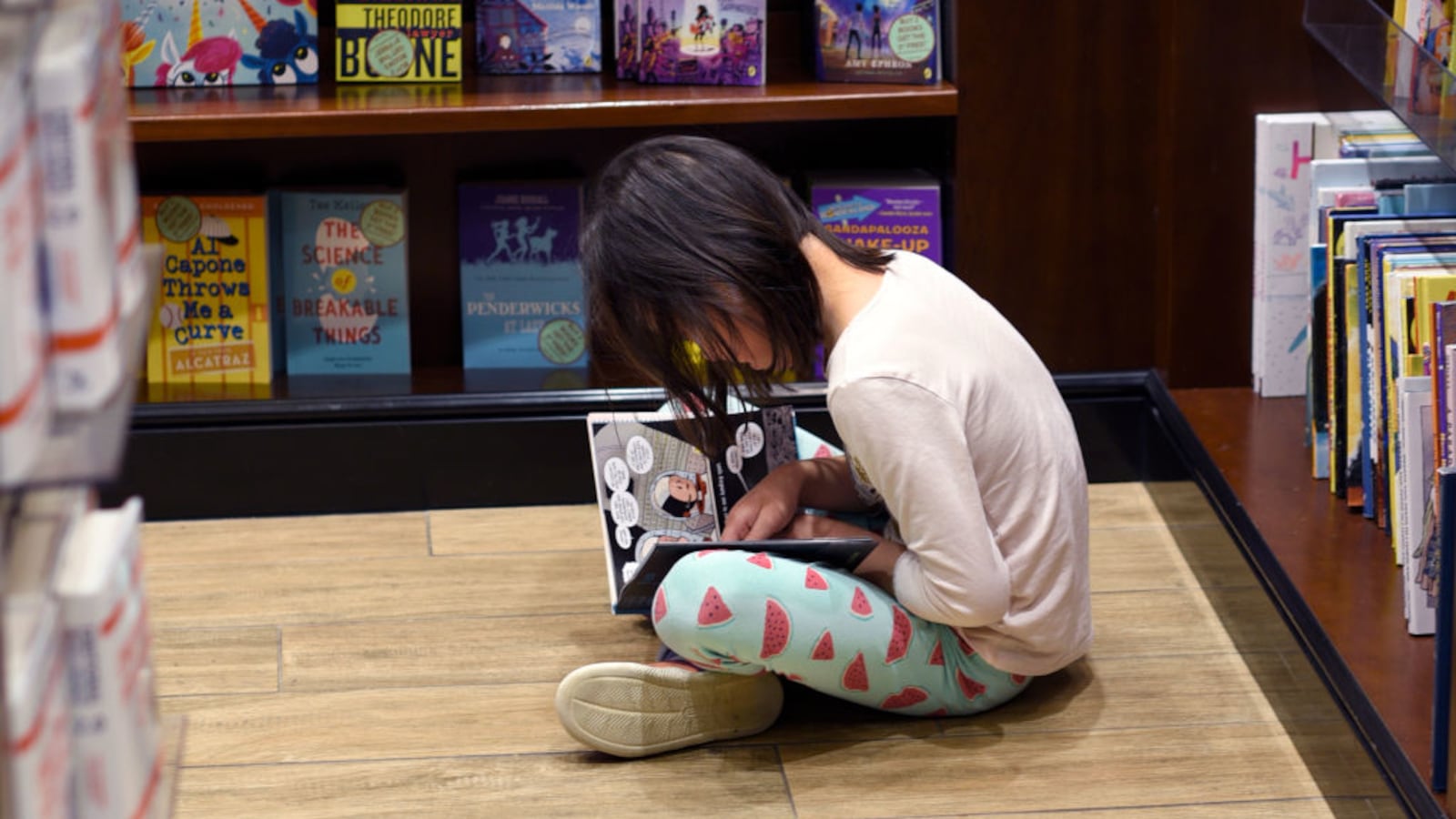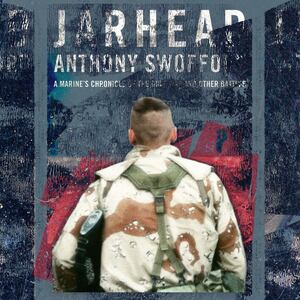The children’s book publisher Scholastic is walking back a policy that segregated some books about race and gender at book sales, after outcry from authors.
Scholastic, which hosts annual book fairs at schools, announced this month that it would move some of its books into a special collection called “Share Every Story, Celebrate Every Voice,” which schools could opt into selling at book fairs. Those books overwhelmingly featured LGBTQ+ characters and characters of color, The Daily Beast previously reported. In announcing its “Share Every Story” collection, Scholastic acknowledged that it was intended for schools facing new censorship rules, which have disproportionately restricted access to books on race and LGBTQ+ issues.
Now Scholastic is reversing the program and apologizing to authors and illustrators, some of whom signed a 1,500-person open letter asking Scholastic to stop siloing books.
In its letter to authors and illustrators this week, Scholastic Trade Publishing president Ellie Berger offered an apology “on behalf of Scholastic.”
“Even if the decision was made with good intention, we understand now that it was a mistake to segregate diverse books in an elective case,” Berger wrote. “We sincerely apologize to every author, illustrator, licensor, educator, librarian, parent, and reader who was hurt by our action. We recognize and acknowledge the pain caused, and that we have broken the trust of some of our publishing community, customers, friends, trusted partners, and staff, and we also recognize that we will now need to regain that trust.”
Scholastic will discontinue its “Share Every Story” book case during its next season of book fairs, beginning in January. “For the remaining fairs in the fall, Book Fairs is working on a pivot plan as we speak,” Berger’s letter announced. “We will find an alternate way to get a greater range of books into the hands of children. We remain committed to the books in this collection and support their sale throughout our distribution channels.”
Previously, Scholastic had defended the “Share Every Story” collection as a way to sell certain books without creating legal risks for educators in newly censorious states. “We don’t pretend this solution is perfect—but the other option would be to not offer these books at all—which is not something we’d consider,” Scholastic wrote in an explanation of the collection earlier this month.
That letter inspired backlash from authors and illustrators. Last week, Scholastic authors promoted an open letter condemning the siloing of books into the “Share Every Story” collection. By the time it stopped collecting names on Oct. 20, the letter had received more than 1,500 signatories, many of them Scholastic authors or literary heavy-hitters like R.O. Kwon and Roxanne Gay.
“Putting diverse books in a separate, optional collection is a form of censorship that cannot be supported,” the open letter read.
“All children deserve to see themselves in books so that they can become engaged and empowered readers. Children also benefit from reading about others with different experiences than their own. Authors from marginalized communities need the same opportunities as other authors to succeed and shine.”






